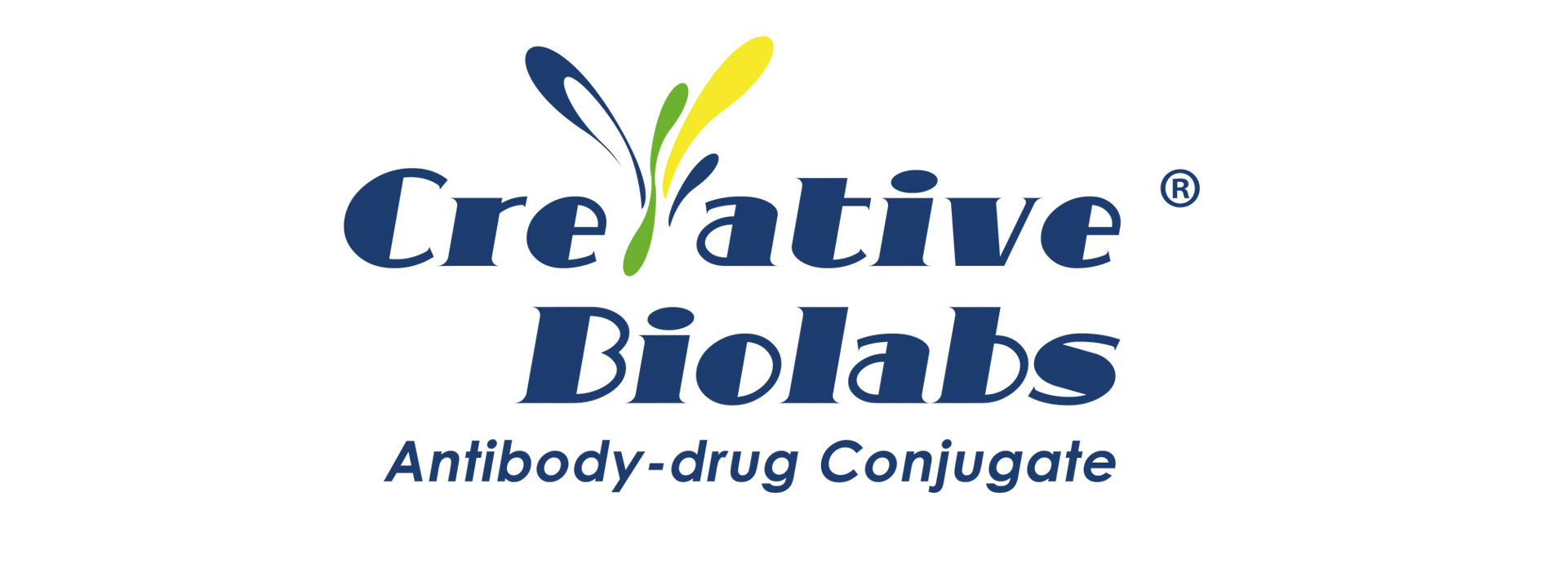On September 13, 2020, Gilead announced that it would acquire Immunomedics, whose core product is Trop-2 ADC drug Trodelvy, for more than $20 billion.
On September 14, 2020, Merck Sharp & Dohme and Seattle Genetics reached a cooperation agreement to jointly promote the development and commercialization of ladiratuzumab vedotin, an ADC drug targeting LIV-1.
Merck Sharp & Dohme paid $600m in advance and $1 billion in equity investment ($200,000 / share), and a milestone of $2.6 billion ($850 million in R & D milestone and $1.75 billion in sales milestone). The commercial rights and interests of ladiratuzumab vedotin will be shared equally between the two parties. In addition, Merck Sharp & Dohme also acquired TUKYSA’s business interests outside North America and Europe, with an advance payment of US $125 million and a milestone amount of US $65 million. At the same time, Merck Sharp & Dohme also paid $85 million for research and development. The total amount of the two cooperation agreements is as high as 4.5 billion US dollars.
Ladiratuzumab vedotin is currently in phase 2 clinical stage, which is used to treat triple negative breast cancer, metastatic breast cancer, LIV-1 positive solid tumor and so on. The previous phase Ib/II study of, ladiratuzumab vedotin combined with keytruda in the treatment of triple negative breast cancer (TNBC) patients showed that the ORR of 26 patients was 54%.
ADC drugs have made a series of breakthroughs in refractory cancer, pushing ADC drugs back to the best part of new research and development. From trop-2 ADC drugs Trodelvy, Daiichi Sankyo Company Limited HER2 ADC drugs 82011, Zymeworks’ HER2 double anti-ADC drugs ZW49, to Seattle Genetics’s LIV-1 ADC drugs ladiratuzumab vedotin, potential ADC blockbuster drugs continue to emerge, looking forward to more breakthroughs continue to appear.
